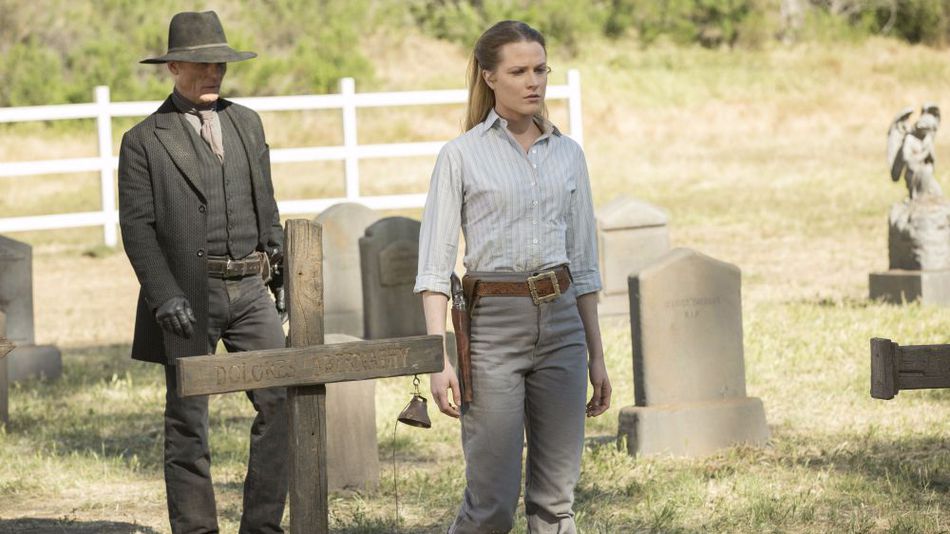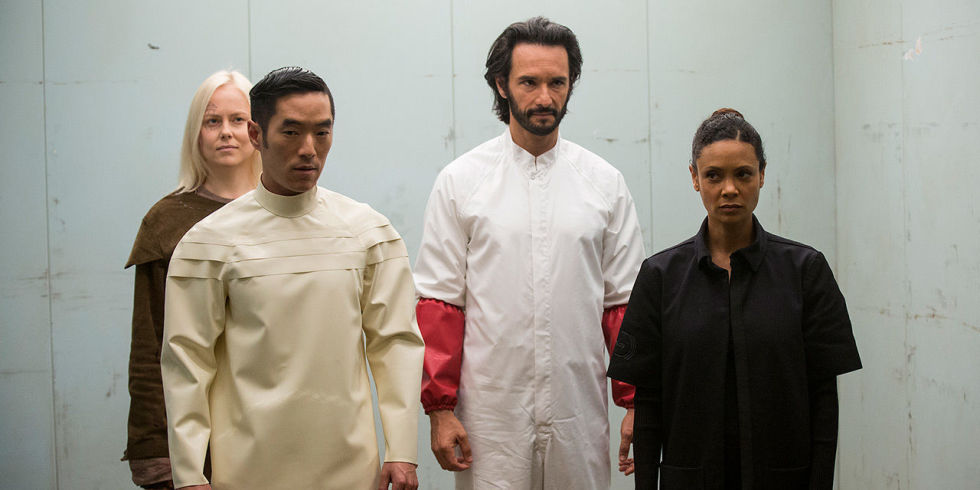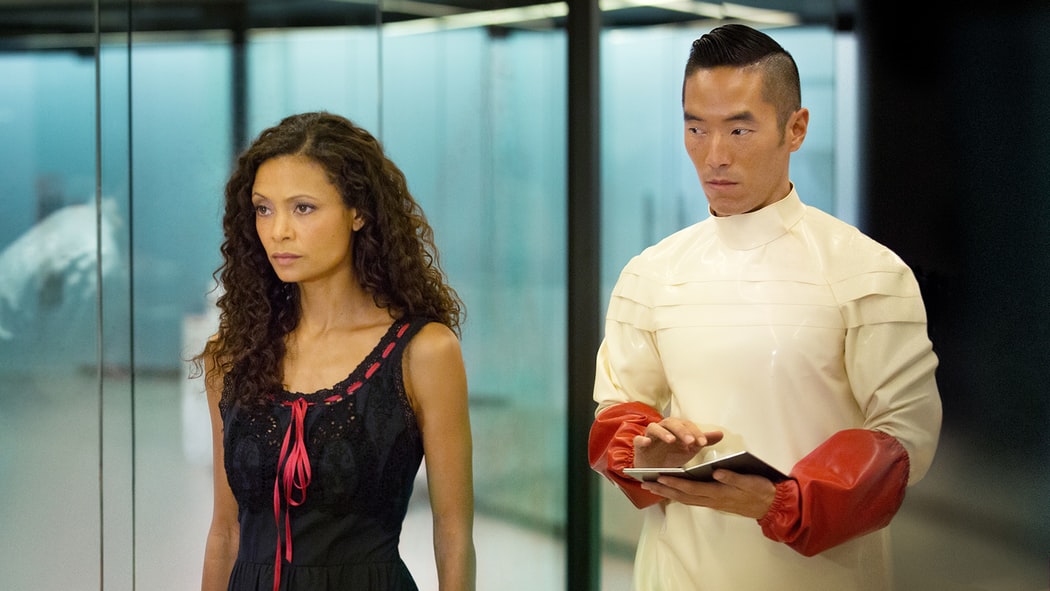Horror and sci-fi have always had a specific thing in common: being niche genres allowing them to carry social messages hidden between the lines. Think about the racial commentary in Romero’s Night of the Living Dead, or the blatant anti-capitalism of Carpenter’s They Live (who recently reaffirmed its message via tweet after some conspirationist wanted to see it as an anti-jew critique). Over time the two genres often merged and, as the years went by and the future wasn’t as bright as before, that made dystopia a perfect vehicle for social commentary.
Children of Men, 2006’s Alfonso Cuarón masterpiece, pictured a UK with massive refugee sweeps and closed borders, a scary totalitarian regime and war raging around Europe by 2027. Sounds familiar right? On the other hand we have a TV masterwork like Black Mirror that builds dystopian scenarios around the technological revolution we’re living in, making us ponder that maybe all the shiny hi-tech toys and 24/7 hi speed connection are not always as good as they seem.
Philip K. Dick asked us the question “Do Androids Dream of Electric Sheep?” back in 1968, but he was not the first one. From its first appearances in movies and literature the android was often paired with a specific theme: conscience.

Westworld sends us to an amusement park where people can live in a recreation of the old west, surrounded by androids dubbed as ‘Hosts’, fully in character as they’re programmed to think what they are living is real. Customers can decide to do whatever they want: have sex with these human like androids, rape them, kill them; all in a safe environment where the hosts cannot harm the humans. At the end of the day, the androids will be rebooted for the next day in an endless loop that follows a specific narrative designed for their character.
As the show goes on, mysteries and clues are slowly unveiled to us, to keep us entertained and whatever; but that’s barely the surface. Westworld is extremely relevant because it leaves us with questions, and not (only) questions about “will he appear in the next season?”, “will that happen?”or “is Jon Snow really dead?”, but, in the best sci-fi way, questions about the world we’re living in.
We witness (SPOILERS AHEAD) the androids starting to learn about their condition, to question the reality of their world, to ask questions about their planted, fake memories; ultimately developing, or thinking to develop, free will. Besides the philosophical aspect of free will and humanity, the trick for its social commentary is for us to empathize with these hosts, starting to wonder how much free will we do have and how much are we wired and tricked into thinking that what we perceive as real is actually a lie.

In these days, Trump is accusing CNN of spreading fake news as the news network (backed by statements from US intelligence officials and several other news agency) are allegedly uncovering ties between Trump and Russia. And fake news was such the hot topic during the last US election that Facebook will start to report what’s fake and what’s not during the upcoming German elections.
Throughout the series we are constantly teased about Robert Ford’s (the creator of the hosts, played masterfully by Anthony Hopkins) new narrative, and how he’s perceived by the rest of the managing board as a relic of his times, because the hosts needs to be less complicated and more amenable. The new narrative in the end is actually an android uprising against the customers, and as we can be thrilled by what’s happening on the screen, we must also think about ourselves. How much are we like the hosts, waiting to be wired into an uprising against what’s happening around us?

Being an American TV show it’s obvious that what comes to mind are the Trump protest rallies and, mostly, all the protests and riots by the black community against police brutality. In Europe the situation is a little different, but the problem is still the same: how much can people endure before starting to revolt? This uprising topic in Westworld strongly revolves around the aforementioned developing of free will and conscience. The key of this is in Robert Ford’s last words:
“Since I was a child I’ve always loved a good story. I believed that stories helped us to ennoble ourselves, to fix what was broken in us, and to help us become the people we dreamed of being. Lies that told a deeper truth. I always thought I could play some small part in that grand tradition. And for my pains I got this: a prison of our own sins. ‘Cause you don’t want to change. Or cannot change. Because you’re only human, after all. But then I realized someone was paying attention, someone who could change. So I began to compose a new story for them. It begins with the birth of a new people and the choices they will have to make and the people they will decide to become. And we’ll have all those things that you have always enjoyed… Surprises and violence.”
Black Mirror tends to be quite explicit in its messages. Westworld remains subtle, probably because the questions it leaves to the audience are not only about what’s around us. But they go ahead and make us think about our humanity and our perception of reality, our interactions with technology and others human being and, most of all, our choices.
Westworld is ultimately fiction but, in the words of Robert Ford, is definitely the lie that tells a deeper truth about us.
Some of the coverage you find on Cultured Vultures contains affiliate links, which provide us with small commissions based on purchases made from visiting our site.

